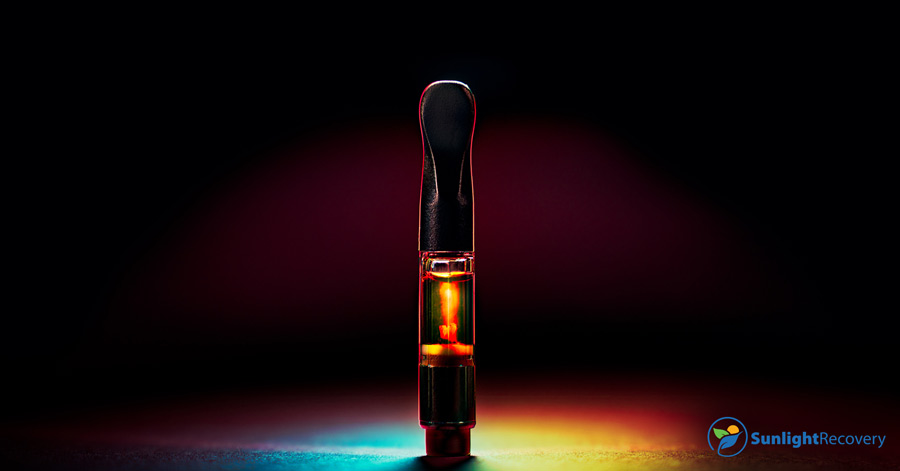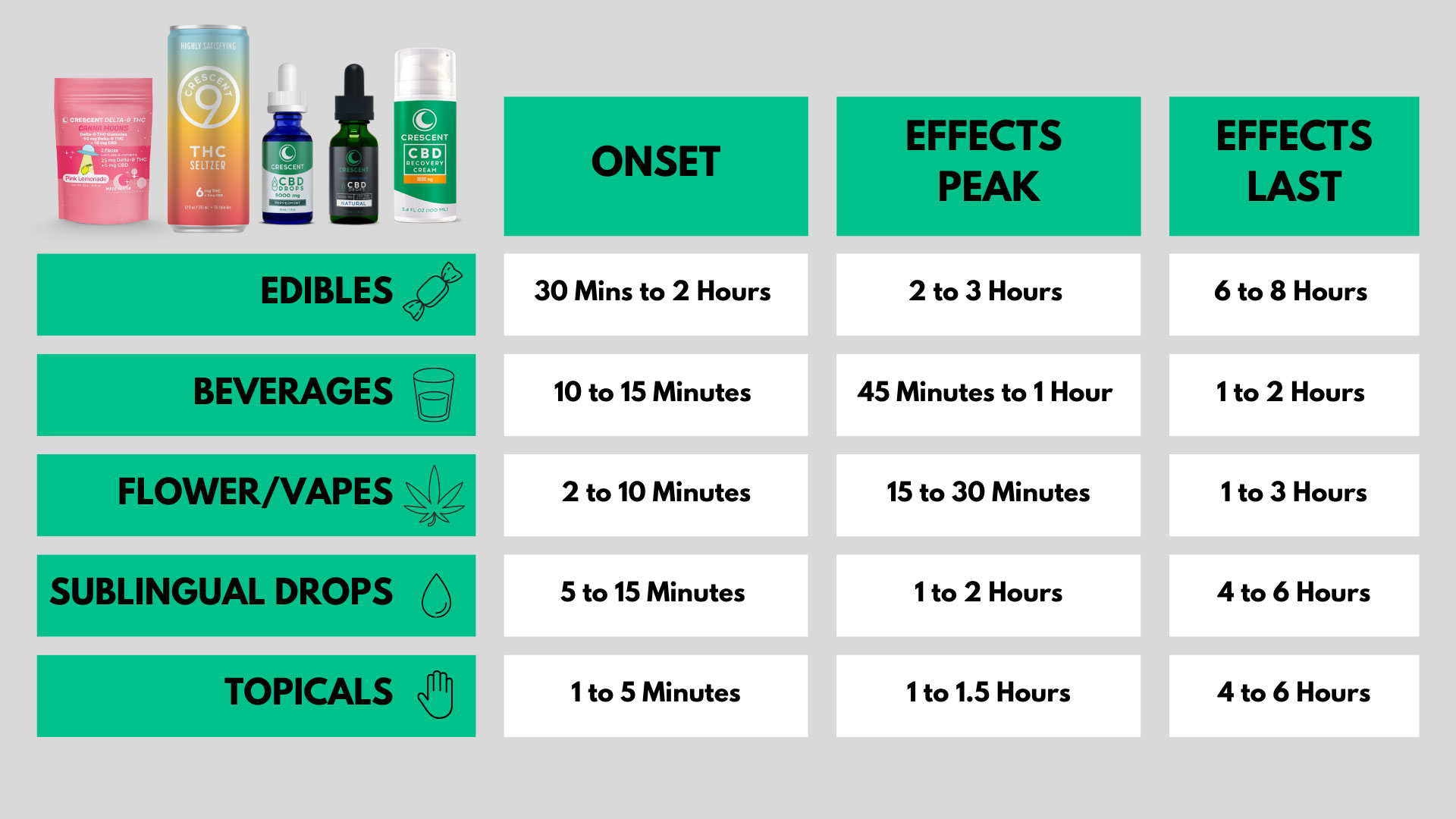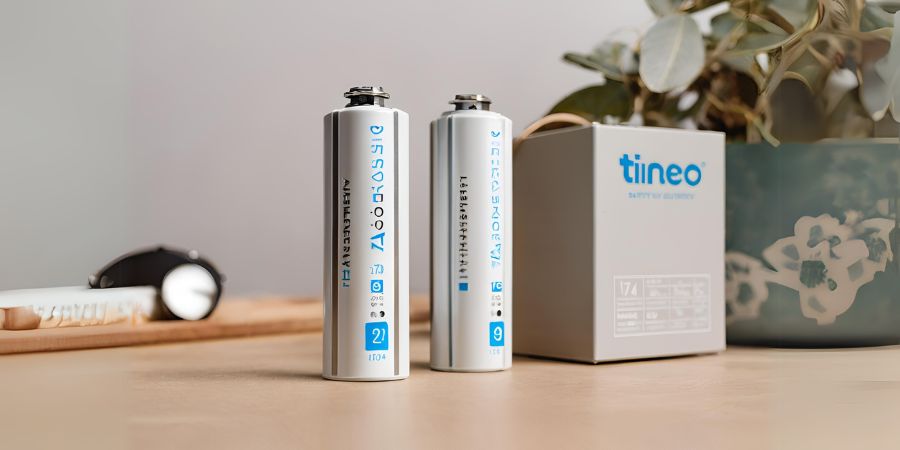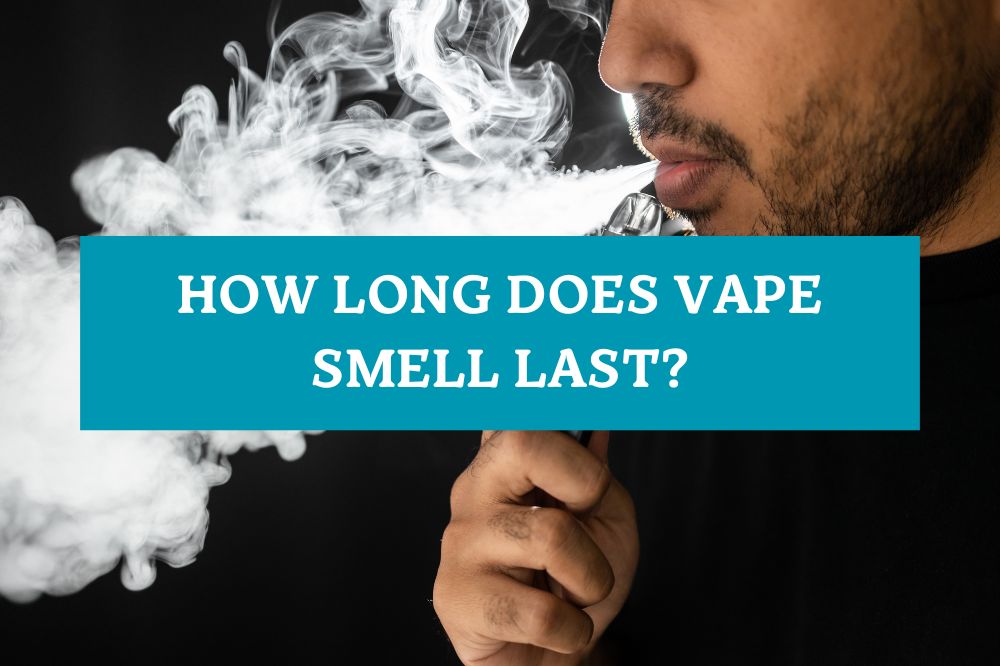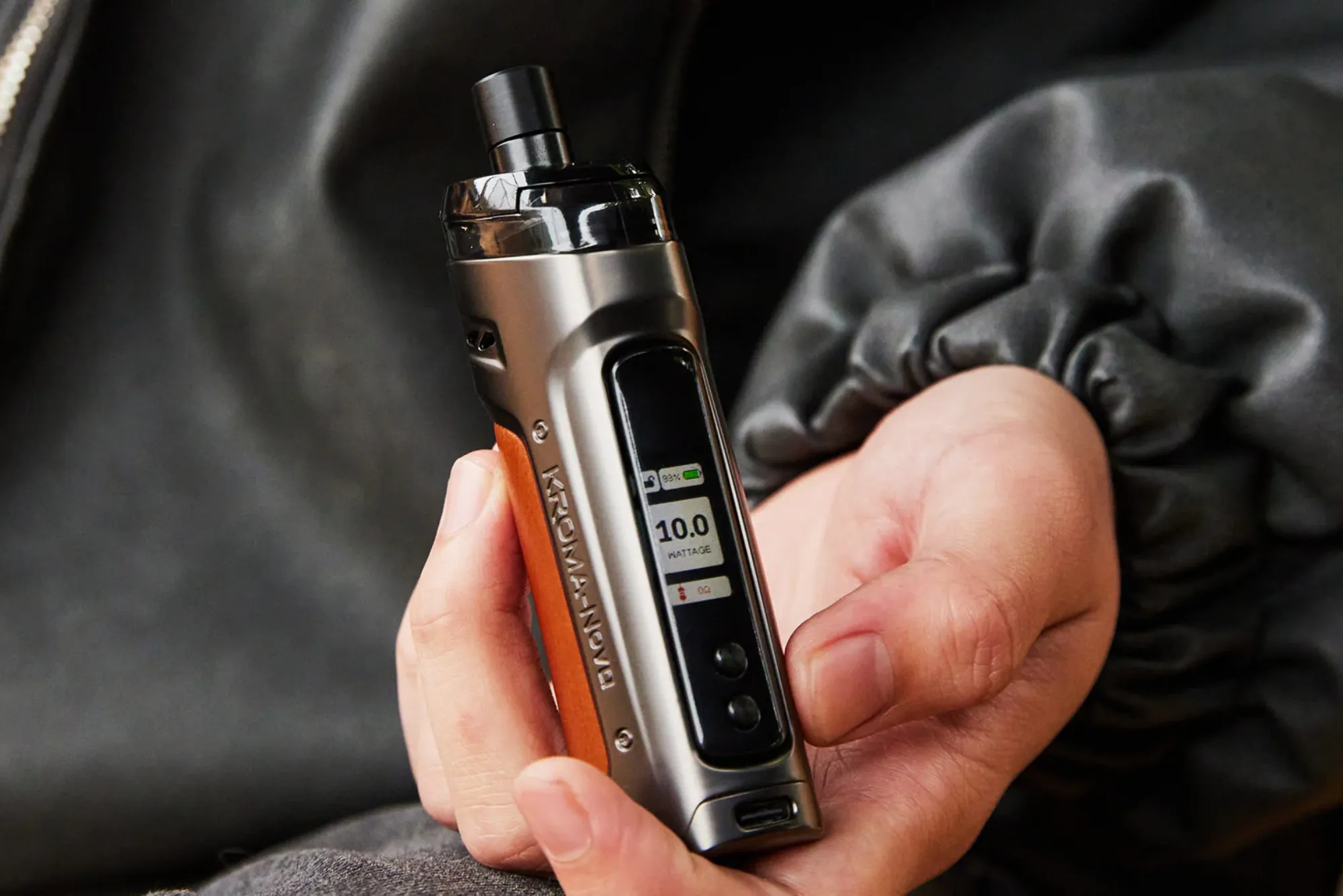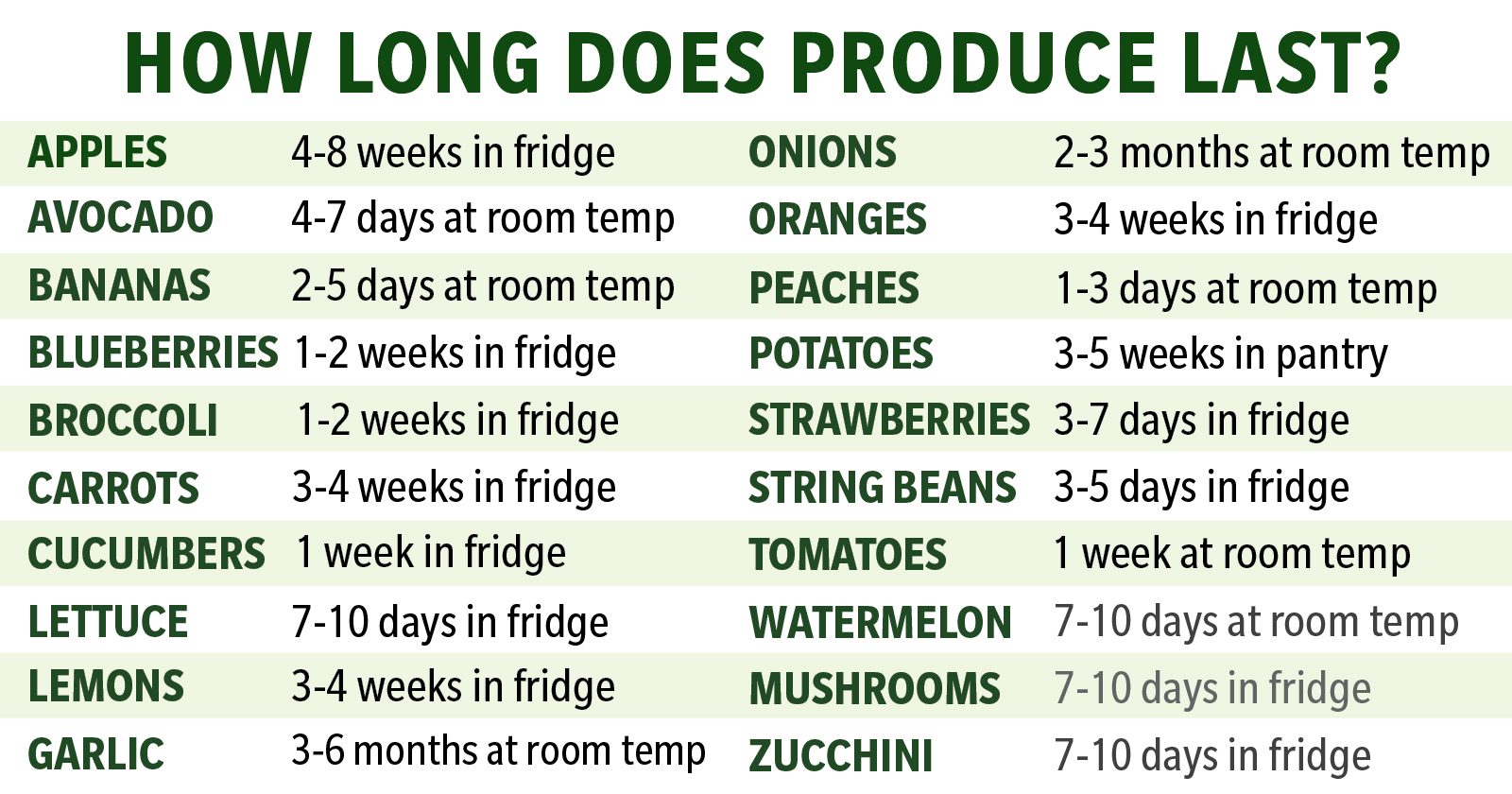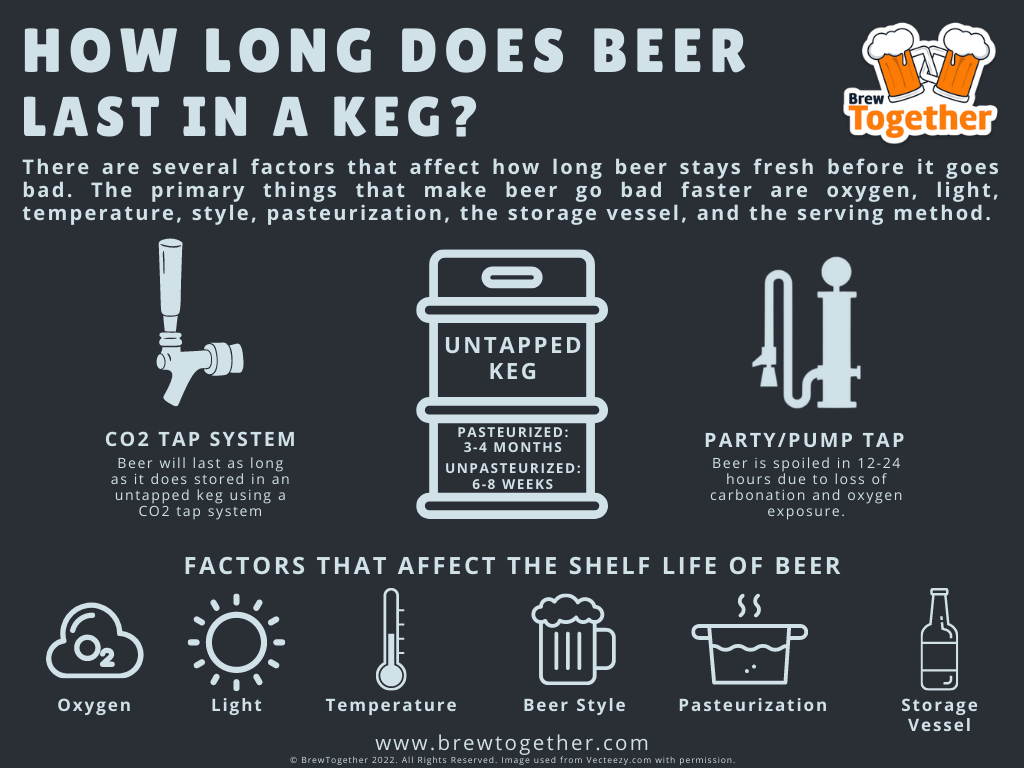How Long Does Delta 8 Last
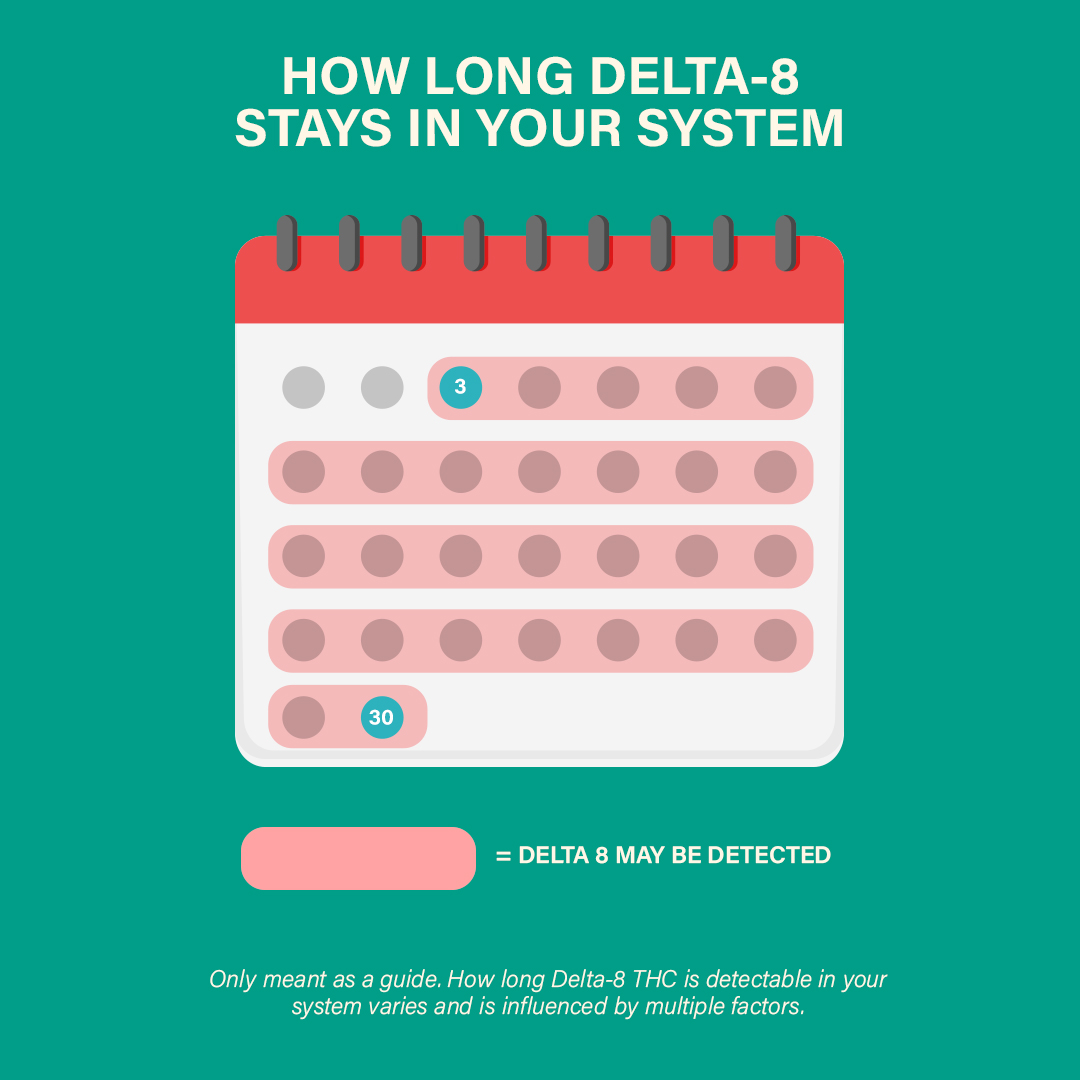
The rise of delta-8 THC, a psychoactive cannabinoid derived from hemp, has sparked widespread curiosity and, more importantly, a flurry of questions surrounding its effects. One of the most pressing concerns for both new users and seasoned cannabis consumers is: How long does delta-8 really last? Understanding the duration of delta-8's effects, along with factors influencing its longevity, is crucial for responsible and informed consumption. This knowledge empowers individuals to make safe choices and manage their experiences effectively.
This article delves into the science behind delta-8's duration, exploring the various factors that influence how long its effects linger. We'll examine how dosage, method of consumption, individual metabolism, and body composition play critical roles. Furthermore, we will present what experts say, based on current research, and what consumers report, along with practical advice for managing expectations and mitigating potential risks associated with delta-8 use.
Understanding Delta-8 THC
Delta-8 THC is an isomer of delta-9 THC, the primary psychoactive component in cannabis. While both compounds interact with the body's endocannabinoid system, delta-8 is generally considered to be less potent, producing milder effects. This perceived difference in potency has contributed to its popularity, particularly in regions where delta-9 THC remains restricted.
Delta-8 binds to the CB1 receptors in the brain, similar to delta-9 THC, but with a slightly different affinity. This subtle difference in binding is thought to explain the milder psychoactive experience reported by many users. However, it is important to remember that "milder" does not mean "insignificant," and the effects of delta-8 can still be substantial, especially at higher doses or for individuals with lower tolerance.
Factors Influencing Duration
The duration of delta-8's effects is highly variable and influenced by several key factors. These factors interact in complex ways, making it difficult to predict precisely how long the effects will last for any given individual.
Dosage
Dosage is arguably the most significant factor determining the intensity and duration of delta-8's effects. Higher doses will generally lead to longer-lasting and more pronounced psychoactive experiences.
It's crucial to start with a low dose, especially for first-time users, and gradually increase it until the desired effects are achieved. Starting low and going slow is a common mantra in the cannabis community for a reason.
Method of Consumption
The method of consumption significantly impacts both the onset and duration of delta-8's effects. Inhalation methods, such as vaping or smoking, typically result in a faster onset but shorter duration.
Edibles, on the other hand, take longer to kick in but produce effects that can last considerably longer due to the way they are metabolized in the liver. Tinctures, held sublingually (under the tongue), offer a middle ground, with a quicker onset than edibles but a longer duration than inhalation.
"When ingested, delta-8 is metabolized differently than when inhaled," explains Dr. Jane Doe, a cannabinoid researcher at the National Institute on Drug Abuse (NIDA). "This difference in metabolism can lead to a longer-lasting and potentially more intense experience."
Metabolism and Body Composition
Individual metabolism plays a crucial role in how quickly the body processes and eliminates delta-8 THC. People with faster metabolisms may experience shorter durations of effects compared to those with slower metabolisms.
Body composition, particularly body fat percentage, can also influence duration. Delta-8 THC is fat-soluble, meaning it can be stored in fat tissue and released slowly over time, potentially prolonging its effects.
Tolerance
Regular delta-8 users may develop a tolerance over time, requiring higher doses to achieve the same effects. This can also lead to a decrease in the overall duration of effects at a given dose. Managing tolerance can involve periodic breaks from delta-8 consumption.
Typical Duration Ranges
While individual experiences vary, here are some general duration ranges for different methods of consumption:
- Inhalation (Vaping/Smoking): Effects typically last 1-3 hours.
- Tinctures (Sublingual): Effects typically last 3-6 hours.
- Edibles: Effects can last 6-8 hours or even longer.
It is important to note that these are just estimates, and the actual duration can vary significantly. Many users have reported feeling lingering effects for up to 12 hours after consuming high doses of delta-8 edibles.
Potential Side Effects and Risks
Delta-8 can cause side effects similar to those associated with delta-9 THC, including anxiety, paranoia, dry mouth, red eyes, and impaired coordination. The intensity of these side effects can be influenced by dosage, individual sensitivity, and other factors.
Because the delta-8 market is largely unregulated, product quality and purity can vary widely. It is essential to purchase delta-8 products from reputable sources that provide third-party lab testing results to verify potency and ensure the absence of harmful contaminants. Third-party testing is a key indicator of product reliability.
According to the FDA, "Delta-8 THC products have not been evaluated or approved by the FDA for safe use in any context. They may be marketed in ways that put the public health at risk."
Expert and User Perspectives
Experts generally recommend approaching delta-8 with caution and moderation. They emphasize the importance of responsible consumption, starting with low doses, and understanding the potential risks involved.
Consumer reports on delta-8 duration are highly variable. Some users report a pleasant, mellow experience with effects lasting only a few hours, while others describe more intense and prolonged effects, especially with edibles.
Looking Ahead
As delta-8 continues to gain popularity, further research is needed to fully understand its effects, safety profile, and long-term implications. Ongoing studies are investigating delta-8's potential therapeutic benefits, as well as its potential risks and interactions with other substances.
Increased regulation of the delta-8 market is also likely in the future, which could improve product quality and consumer safety. Consumers should stay informed about the latest research and regulations and make responsible choices based on their individual needs and circumstances.
Ultimately, understanding how long delta-8 lasts, and the factors that influence its duration, is key to navigating this evolving landscape responsibly. By staying informed, practicing moderation, and prioritizing safety, individuals can make informed decisions about delta-8 consumption and minimize potential risks.
